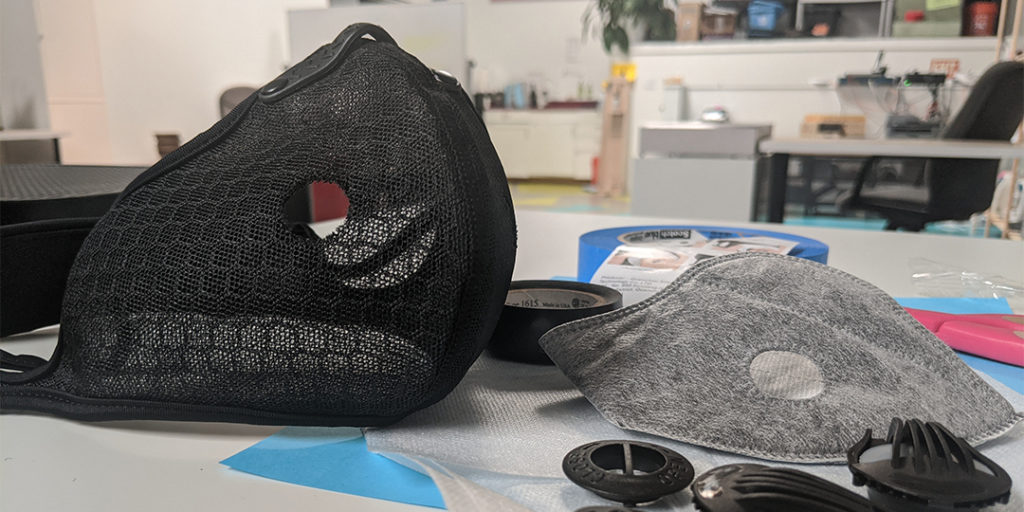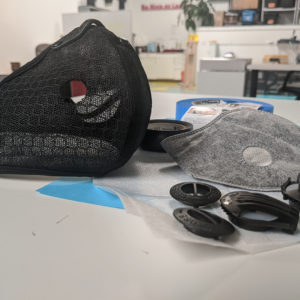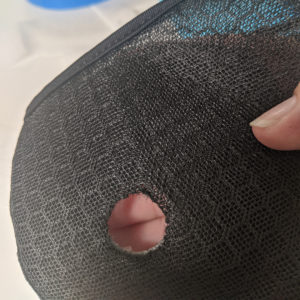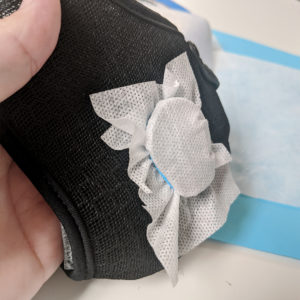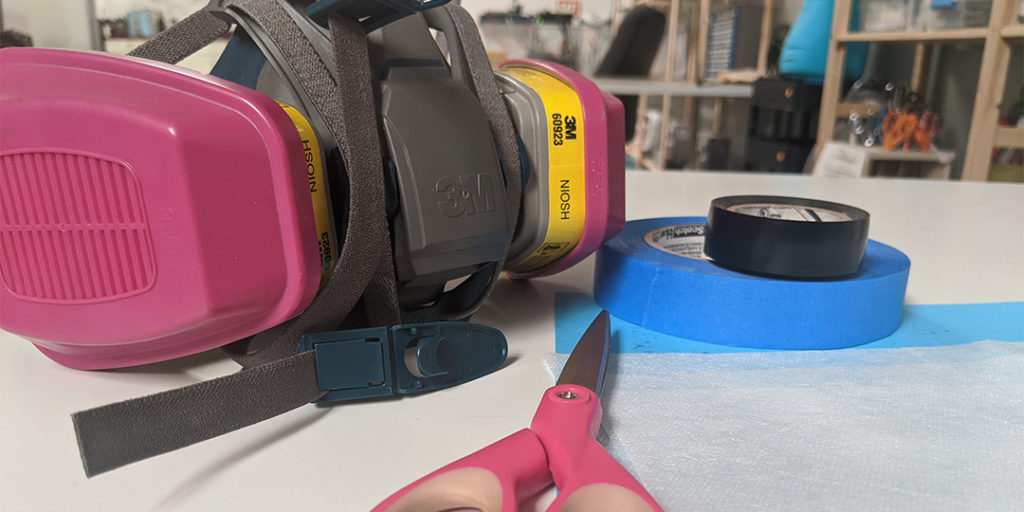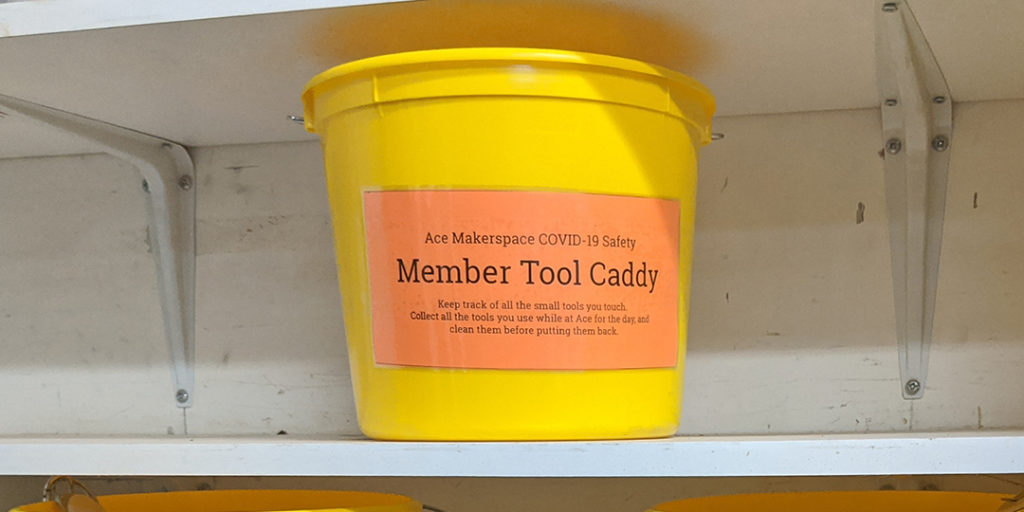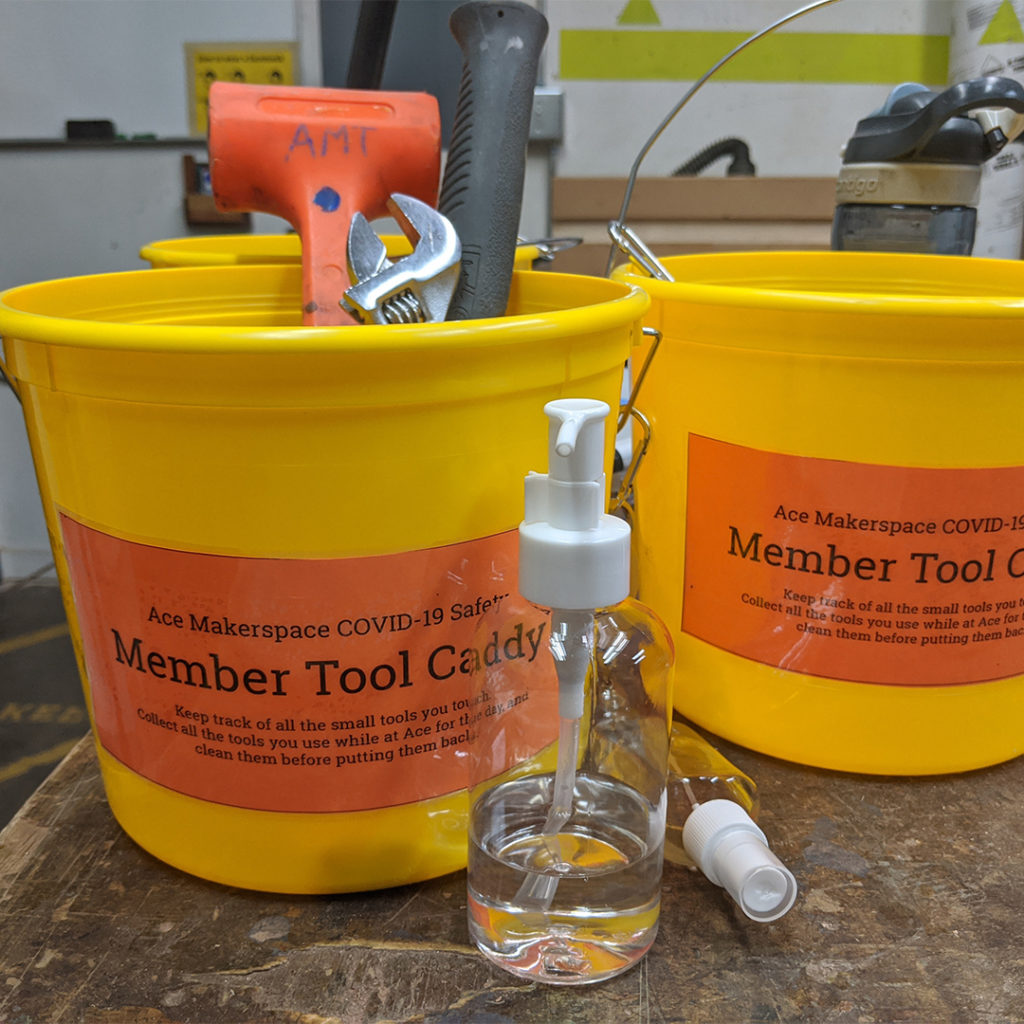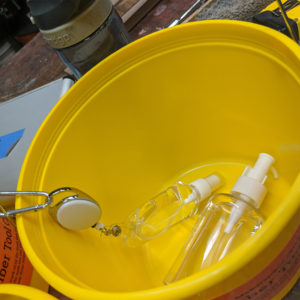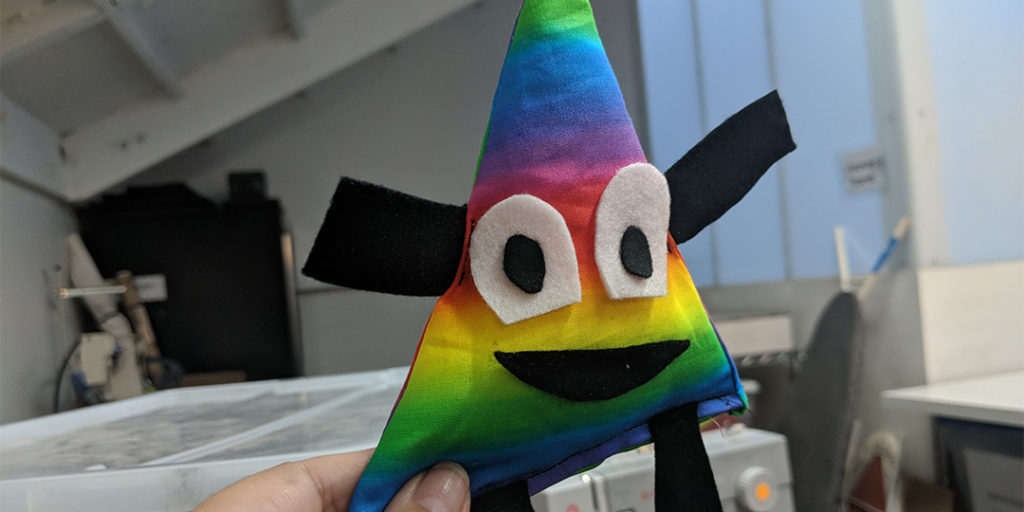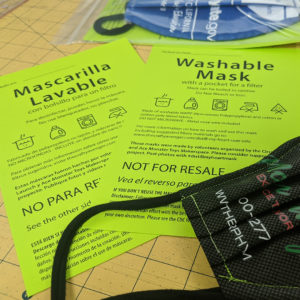Introduction
Out of Ace’s list of members, Bob M is definitely one of the more unique people to walk through the workshop doors. Nowadays, Bob is most known for his custom-built guitars and basses, and the reason why this is goes back all the way to his high school days. I’m Carter Jenkins, and I had the chance to speak with Bob about what he does at Ace as well as a little more about how his life has led him to this point.
The Beginning
In high school, Bob originally aimed on becoming a violin craftsman. However, that path didn’t work out and Bob had to explore other areas. For 20 years, Bob held a job as a professional juggler while still exploring his passion for playing guitar. One day in 1989, he paid someone to do some repairs on a bass he had. The job was completely botched, leaving Bob thinking, “I could do so much better than that.” After a little mechanical ingenuity and some tinkering, Bob quickly discovered a new skill.
In the early 90s, Bob opened up a hand-crafted guitar shop to both satisfy his guitar fix and to have a career. Unfortunately, he soon shut down the operation. The money wasn’t the biggest problem, rather Bob “couldn’t stand the sales relationship that the job required.” Wrangling what you love into a money-producing machine isn’t a great feeling, and after only a few years of operation, Bob walked away.
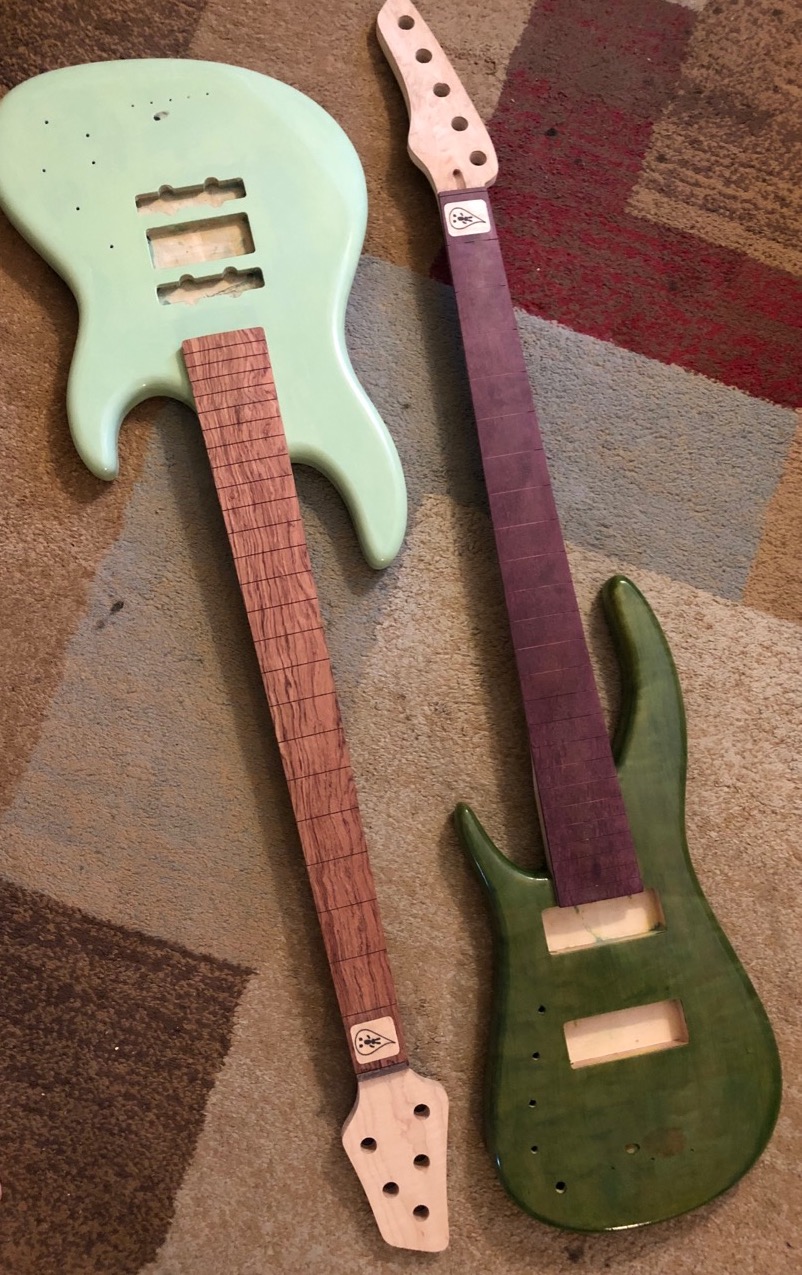
More Recent Years
In between 1997 and 2017, Bob didn’t do a lot of making or tinkering. However, in 2017, he went to the Ace Building for a Fusion 360 CAD software meeting. During his visit, he took a guided tour around the facility where his attention was caught by the CNC machine and the woodshop. While Ace wasn’t the entire reason he got back into making, seeing the necessary tools that Ace offered with an affordable membership compared to other spaces Bob had looked at was a big part of it. Nowadays, Bob still makes custom guitars, no longer for the money but rather for the affection he has for the craft.
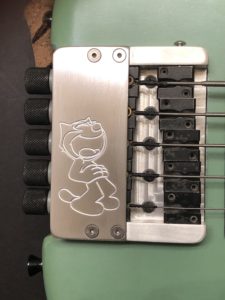
Advice for Other makers
Towards the end of our meeting, I asked Bob for any advice he had for makers looking to turn a passion into a business. Bob says that if you have a passion, don’t try to monetize it unless you know you can succeed. Take guitar building for instance. The market for that kind of thing is heavily over-saturated, with new builders investing all their money into a business that will last a few years before shutting down.
Bob got out of the business for a reason, now he spends his days doing what he loves, not doing work. If you have something you want to pursue, he recommends finding a group of people that have a similar interest to you and then finding opportunities to put your skills to work through there. A big enough community will be able to supply you with answers to your questions and will also help you grow as a person.

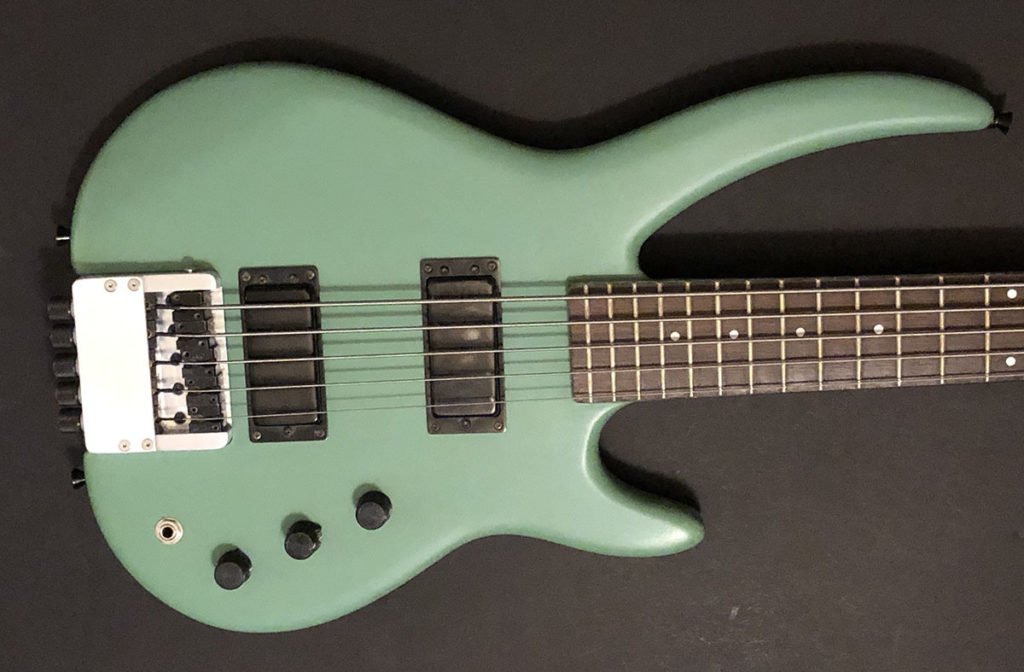
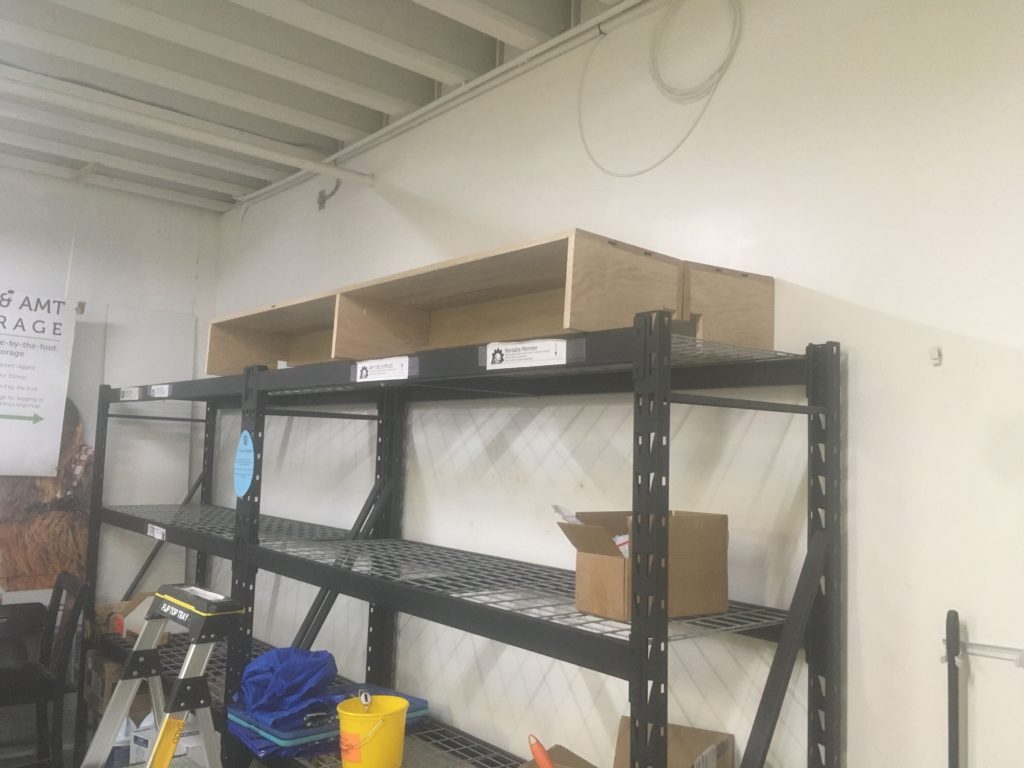
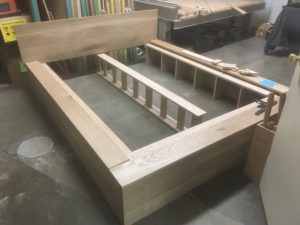

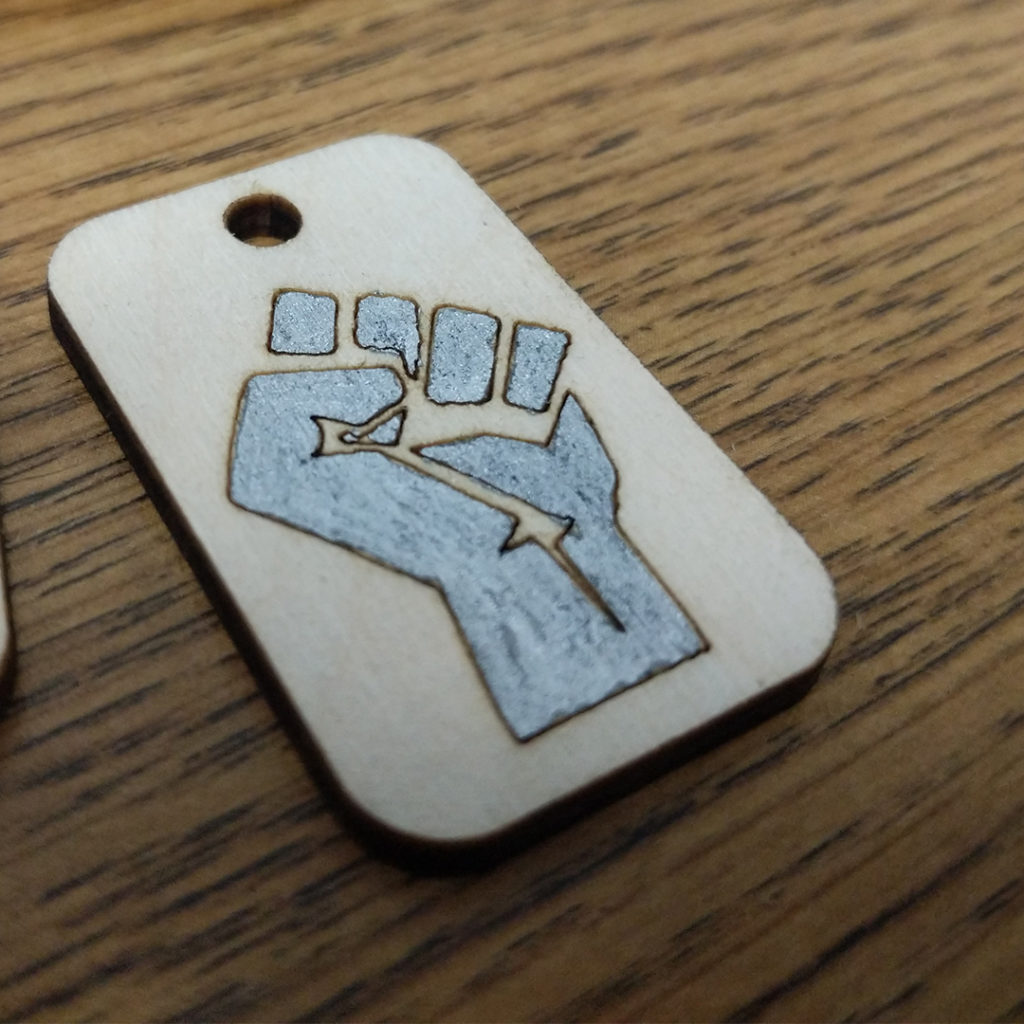
 Rachel “Crafty” Sadd
Rachel “Crafty” Sadd
 Emily Bowen, MA ABS (they /them)
Emily Bowen, MA ABS (they /them)